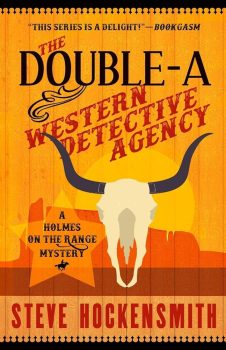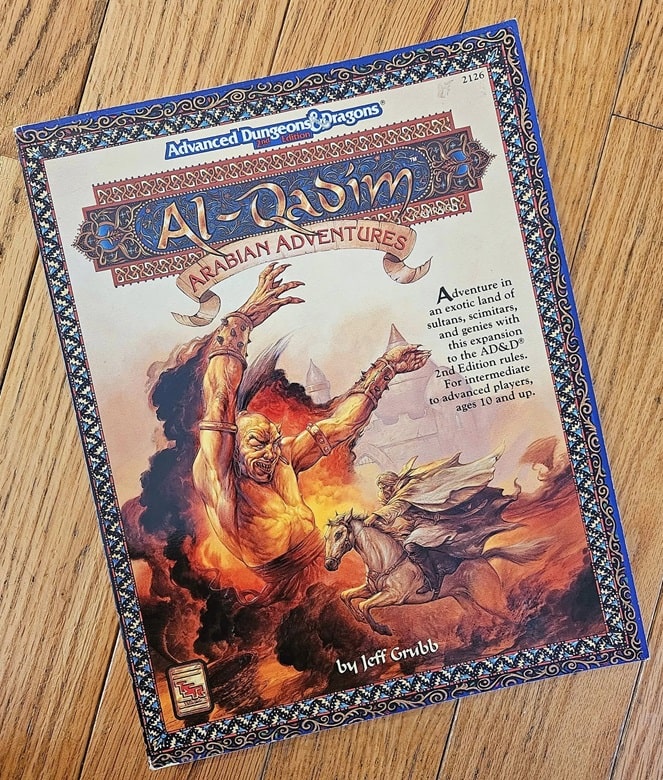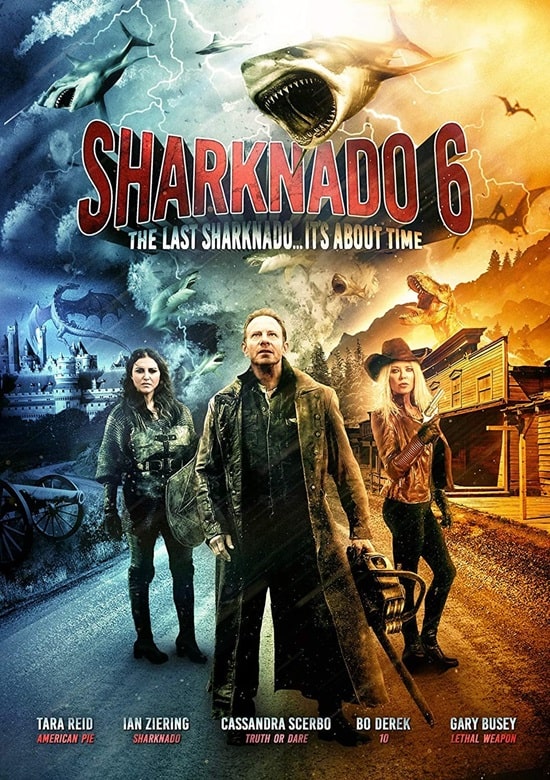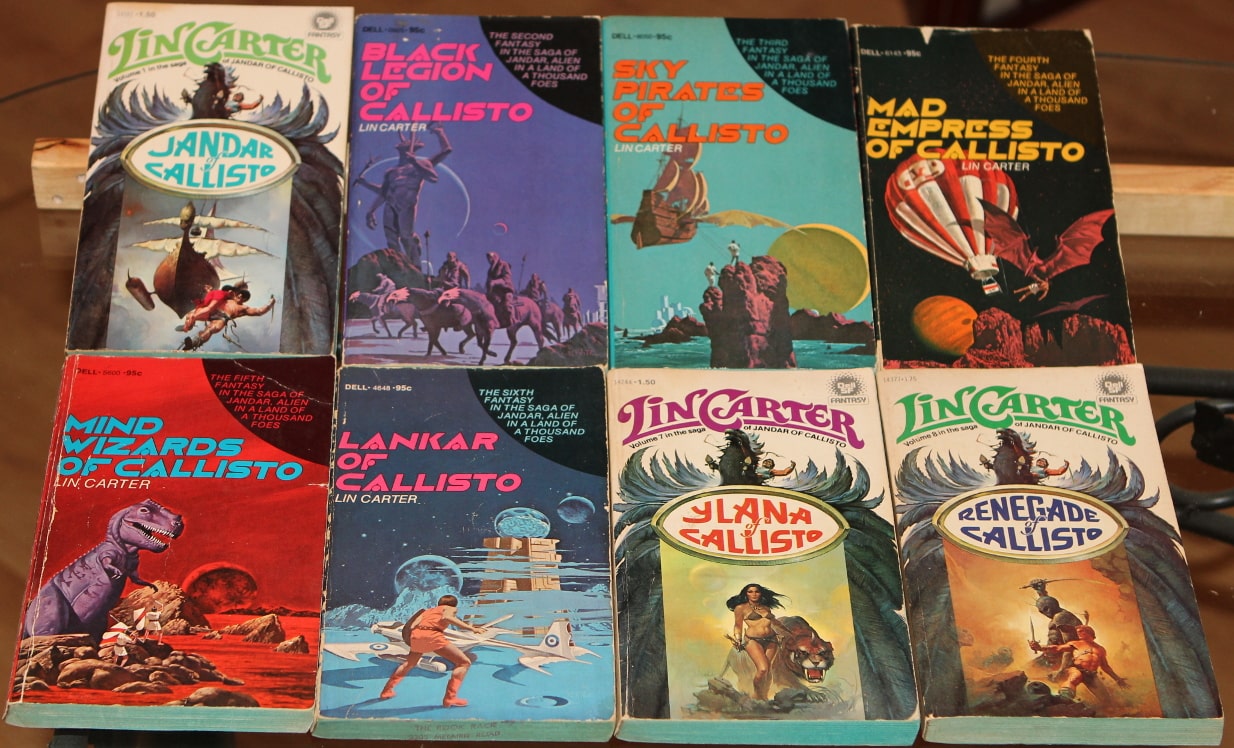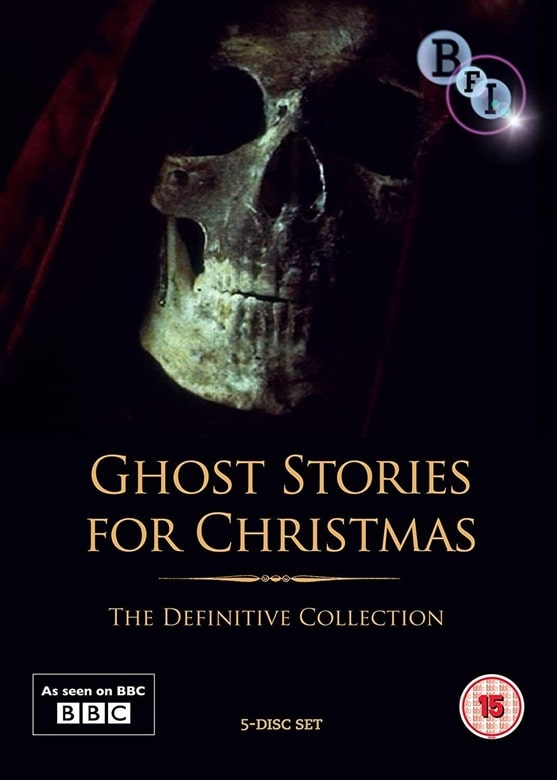The Sword & Planet Fiction of Robert Moore Williams: Zanthar
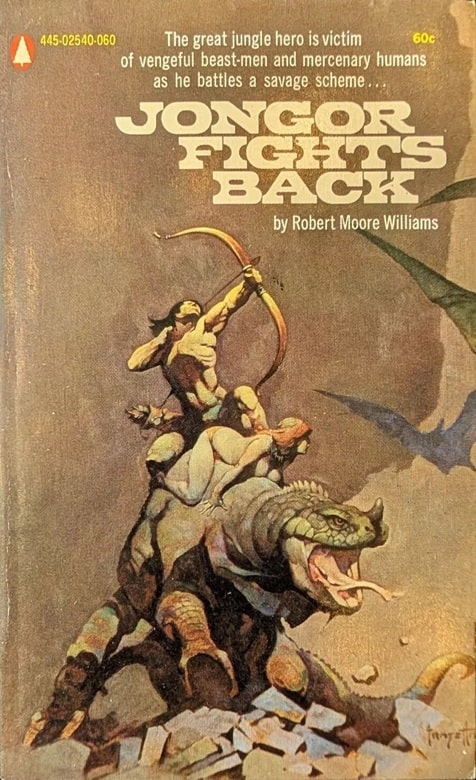 |
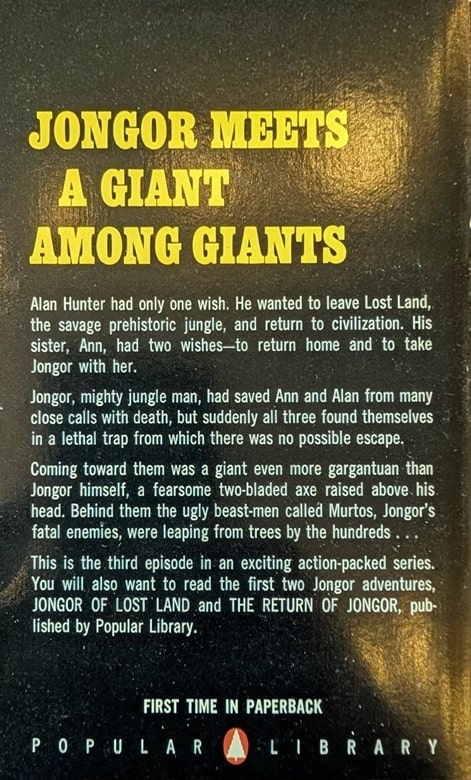 |
Jongor Fights Back (Popular Library, 1970). Cover by Frank Frazetta
Robert Moore Williams (1907 – 1977) wrote a lot of books, over 100. I’ve read two of them and that means there’s a 100 or so more books out there I won’t need to read before I die, including the ones he wrote under pseudonyms such as John Browning, H. H. Harmon, E. K. Jarvis, and Russell Storm. He also wrote an autobiography called Love is Forever – We Are for Tonight.
As a writer myself, I hesitate to be too critical of other writers. I know how difficult it is to finish a novel. But I don’t know how else to say it other than that — in my opinion — Moore was not a good one. The first book I found by him was Jongor Fights Back, a Tarzanesque effort featuring Jongor in a lost land. It was readable, but just barely. The cover, by Frank Frazetta, was a million times better.

